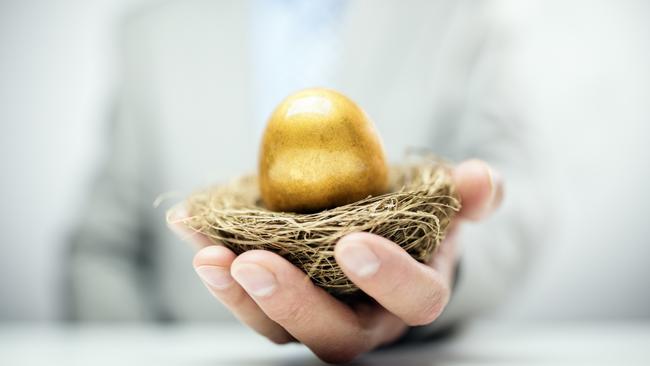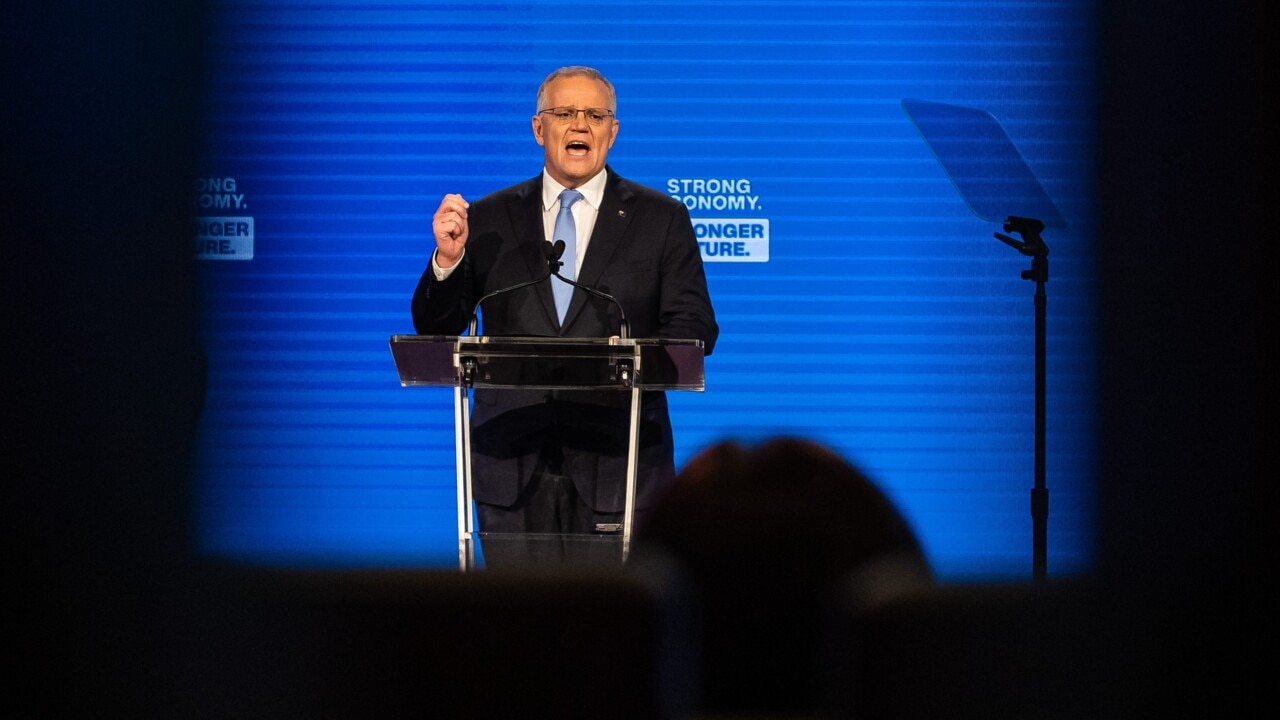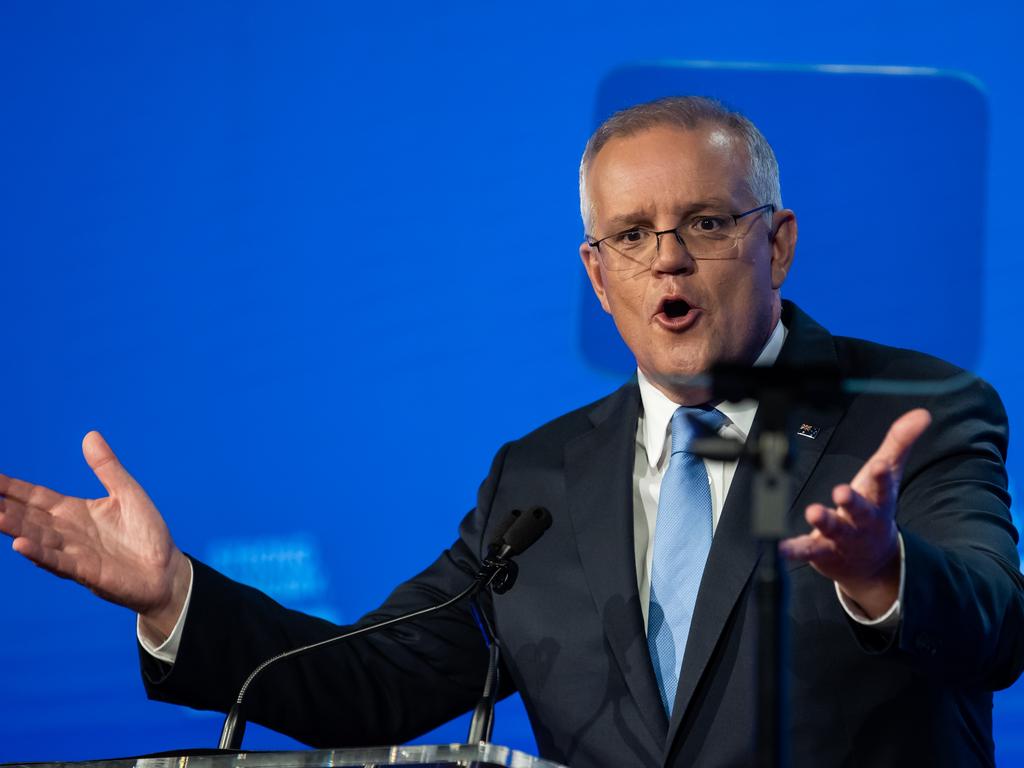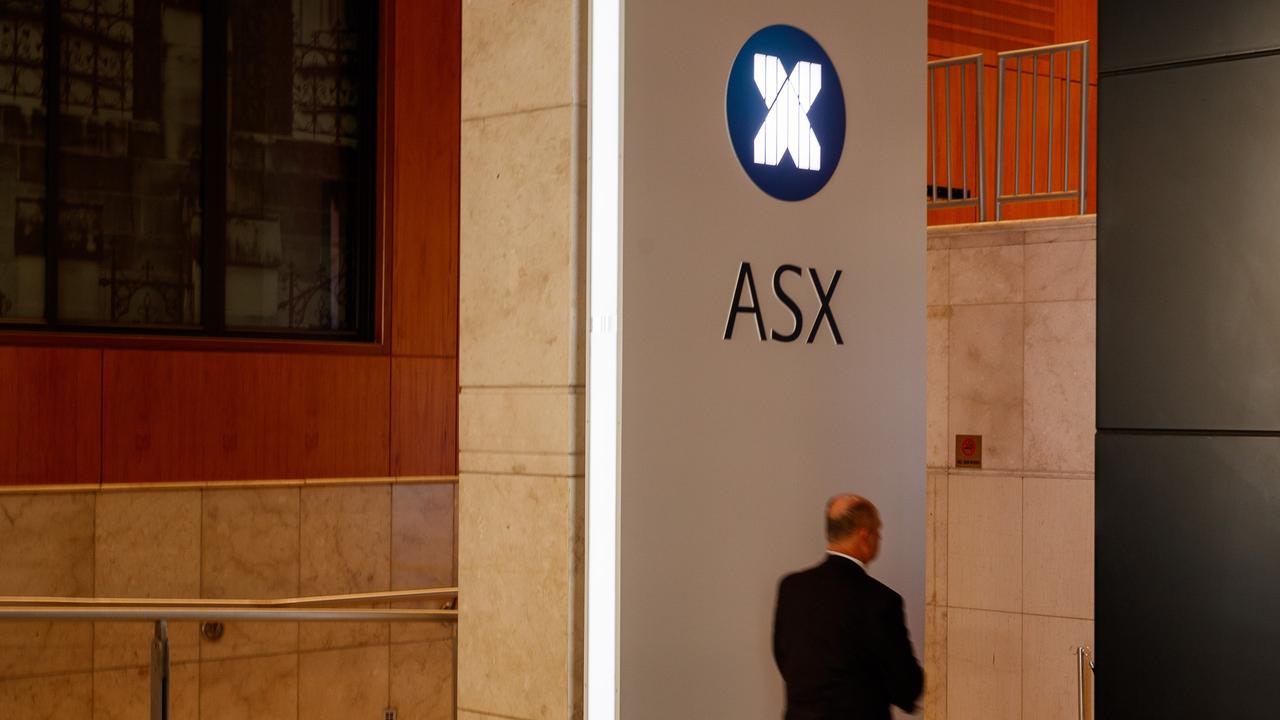Weighing up superannuation versus property choice
First home buyers could soon be dipping into their super savings to purchase a property.

First-home buyers will be able to dip into their superannuation savings to purchase a property if the Coalition wins the election. But would their hard-earned cash be better off elsewhere?
Announcing the “game changer” policy on Sunday that will “take years off the need to pay rent and challenges of saving”, Scott Morrison said the government wanted to help Australians get past the biggest hurdle on their path to home homeownership: saving for a deposit.
Under a proposed Super Home Buyer Scheme, first-home buyers will be able to invest up to 40 per cent of their super nest egg, up to a maximum of $50,000, to get on to the property ladder.
Keeping in mind that past performance is no indicator of future performance, a quick glance at how super, housing and the local sharemarket have performed over the past decade gives an indication of the opportunity cost, with the property market firmly in last place on the returns front.
Over the 10 years to April, national house prices yielded 7 per cent on an annualised basis, for a cumulative 97.2 per cent return. This means that in the most recent decade at least, house prices have just about lived up to the expectation of doubling every 10 years. This was even with declines through the 2017-19 downturn and a brief lull when Covid hit.

Over the same period, the median annualised return for growth super options came in at 8.4 per cent, for a cumulative return of 124 per cent, according to superannuation research house Chant West. This is net of investment fees and tax.
Research from the McKell Institute has found that the median house price in Sydney would jump more than $40,000 if prospective home buyers were given access to $40,000 of their super savings. In Brisbane, the median house price would surge almost $100,000.
The research also found that Australians who chose to use their super for a house deposit instead of keeping it invested would be worse off come retirement “because the average returns in a super fund are superior to the average growth in house prices over the long term”.
A 10-year investment into the Australian sharemarket, meanwhile, would have yielded an even better return over the past decade: assuming all dividends were reinvested, Australian shares returned 12.3 per cent a year for a 220 per cent return since May 2012.
Early crypto adopters, meanwhile, would have spent just $US5 on one bitcoin a decade ago, compared to $US30,000 now, putting its return head and shoulders above the rest.
According to REA Group economic research manager Cameron Kusher, the Coalition’s policy should prove popular with first-home buyers, even though it fails to address the key issue.
“It should add to demand … but no one’s really addressing the supply side and I think that’s probably the bigger issue,” he said. “Politically, neither side of politics is going to be particularly popular if they make housing more affordable, ie make prices lower. So what they’re trying to do is allow more people to access the housing market by lowering the barriers.”






